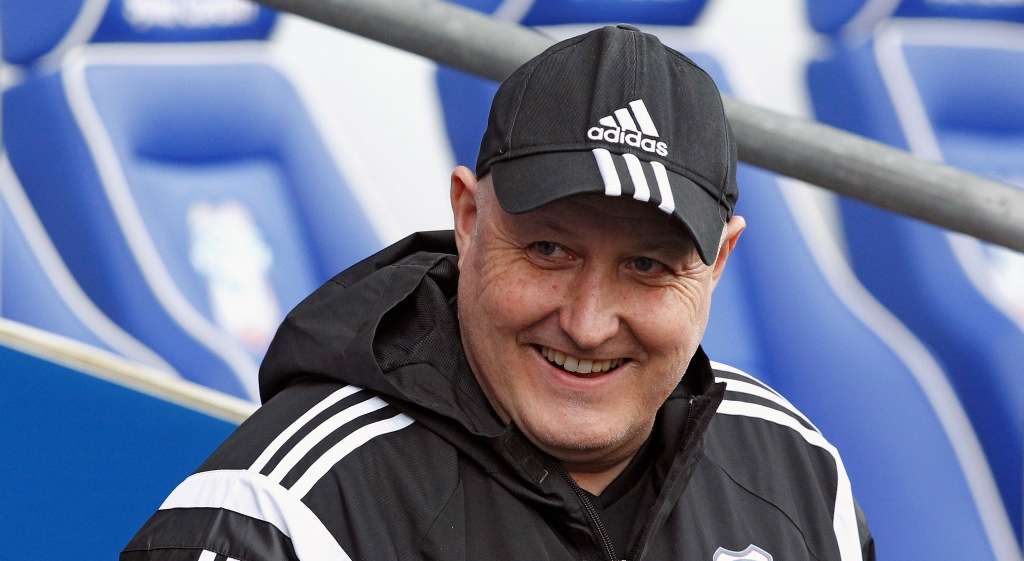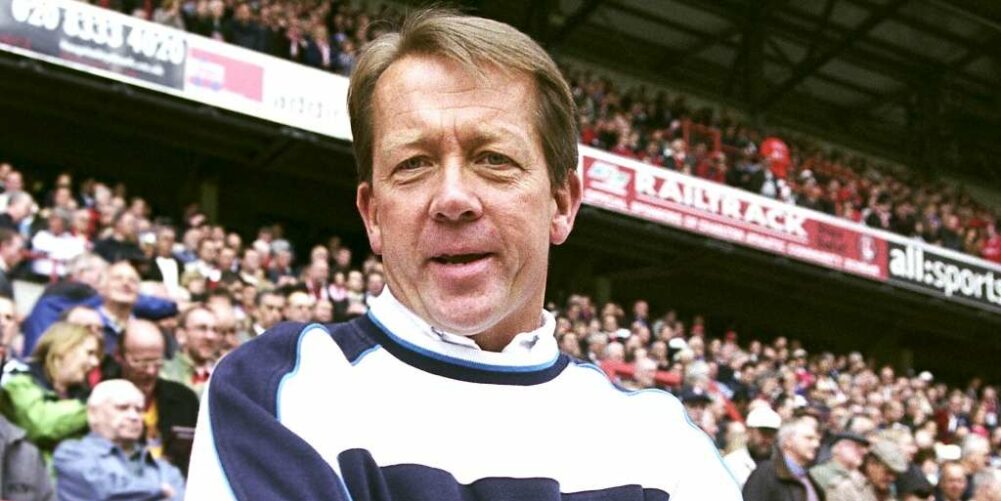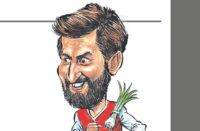(Picture: Action Images)
By Joshua Richards
CHARLTON Athletic legend Alan Curbishley fears the club will go stale unless they can escape League One immediately.
The unrest that clouded South London last season, with weekly protests against the Charlton board of directors, went hand-in-hand with relegation to League One – a far cry from the heady days in the Premier League under Curbishley's management.
The same level of venom does not seem to be in the air at The Valley this term, but the supporters have most definitely voted with their feet.
The average attendance has dropped by almost 5,000 from 15,632 to 10,899, a figure even more alarming when you consider the average gate during the 2012-13 campaign was 18,499.
Curbishley, who enjoyed 15 years as a manager and two playing spells at Charlton, fears the spiral will continue unless Russell Slade can achieve promotion – and fast.
“I feel so sad for what's going on at Charlton,” said the 58-year-old.
“There are lots of people still there from my time at the club.
“It's ten years since I left and it's incredible how things have changed in that time.
“You shouldn't take things for granted.
“Charlton had become an established Premier League team and were looking at who they could attract to kick on.
“Now, they have experienced the pain of two relegations and, with everything else going on, they are in danger of staying where they are for some time.
“The club have to get back in the Championship. It's no good for them in League One.
“They have got to win the fans back if they have any chance of being successful. Russell Slade was a good appointment. He has great experience at that level, but he needs support.”
Curbishley has been out of the managerial game since his time with West Ham came to an unsavoury end in 2008.
Since then, he says there have been offers for his services that he turned down.

But, having waited so long for the ‘right' opportunity, Curbishley now fears he has been out of the managerial game for too long to return.
“Over the years, I have had quite a few offers to go back into management. I felt my record stood up to scrutiny, so I didn't want to take just anything,” he added.
“I turned down Premier League clubs that were down in the relegation zone with 13 or 14 games to go that wanted saving. And I turned down teams in the top half of the Championship, hoping for a boost to reach the play-offs. I was prepared to wait until something big, that I wanted to do, came up. Perhaps I waited too long.
“Times have changed. The Premier League and Championship are flooded with foreign managers and it's more difficult now.
“I see my role going forward as maybe doing something different, as I did at Fulham: an advisory role if there is a manager not threatened by that structure. There is a stat that 60 per cent of first-time managers never get another job.
“Perhaps that would change if they had someone around with a little more experience to consult.”
In the eight years since Curbishley left West Ham, he worked, briefly, as a technical director at Fulham during Felix Magath's spell as manager and then returned to the Cottagers during Kit Symons' tenure as part of the backroom staff.
The exact details of his roles have been unclear and that topic is the subject of his new book, Game Changers.
Curbishley concedes that, since he last picked a starting line-up, football has changed beyond all recognition.
And here he takes a look at the modern game in all its guises, interviewing chairmen, chief executives, managers and players all the way down to the fans and ground staff.
“Fans hear lots about certain roles within football clubs but don't necessarily know exactly what they are and why they are so important,” Curbishley explains.
“On the first day of the season, Arsene Wenger didn't pick Laurent Koscielny against Liverpool when he had an already-weakened defence because the head of their medical department told him he shouldn't.
“That's a lot of power to tell Arsene Wenger who he can and cannot pick. So, I went and interviewed those people.
“I spoke to the kit-man at Norwich, David Sullivan the co-owner of West Ham, Frank Lampard and Steven Gerrard, and everyone else in between. People that have had a big effect on the changing face of clubs over the last ten or so years. Have these changes all been good? That's what I try to present.”
*This article was originally featured in The FLP on Sunday, September 25th.

















